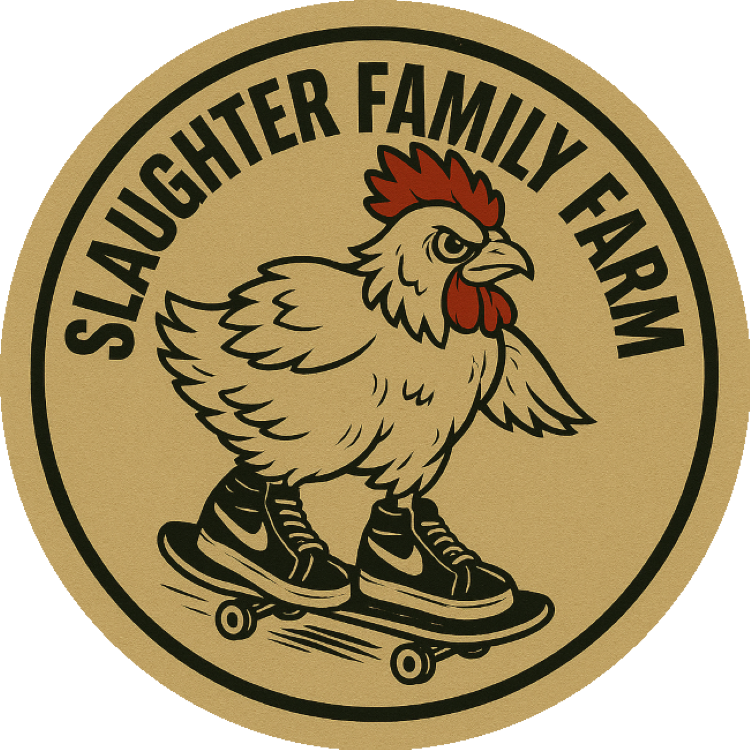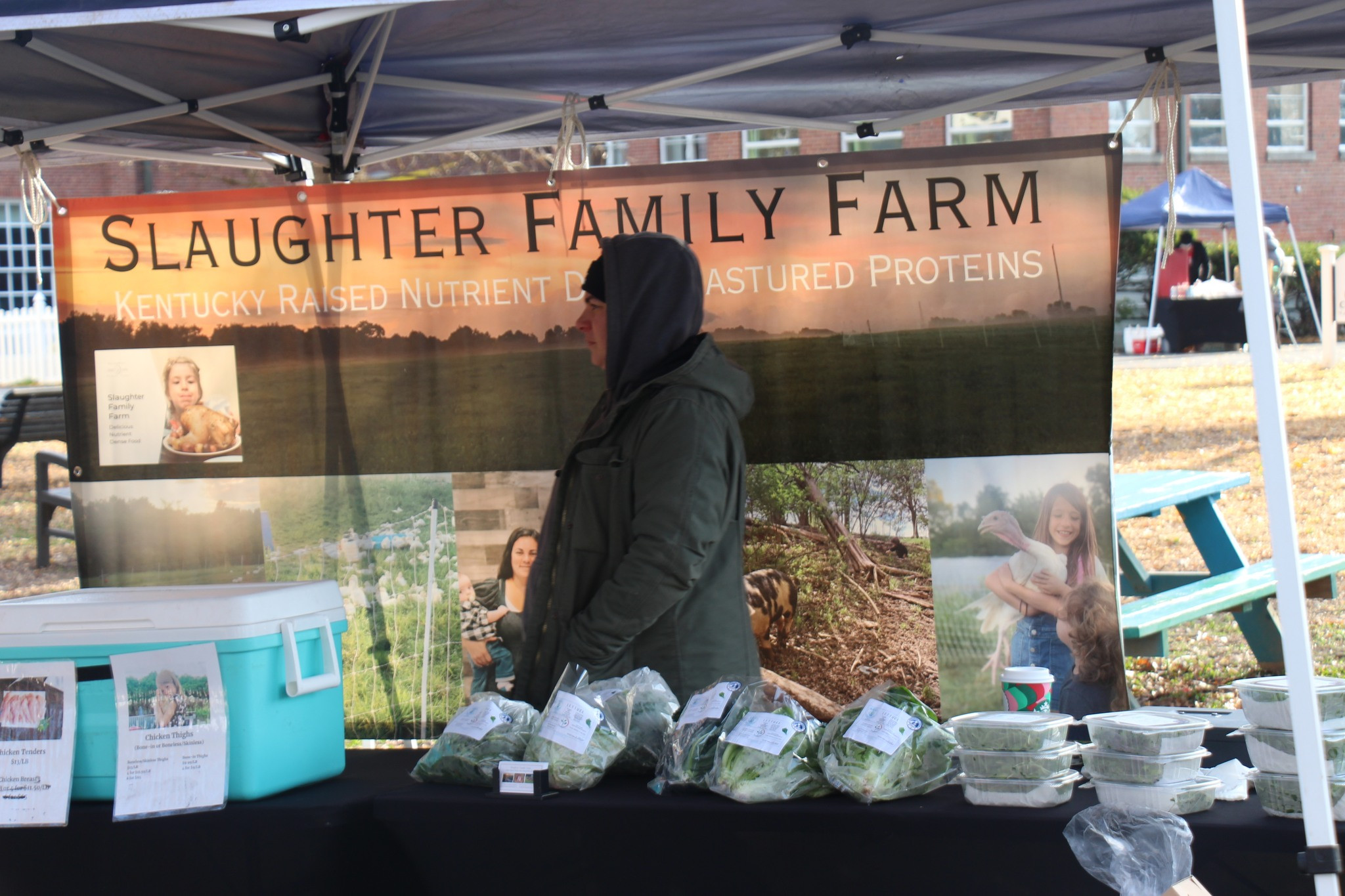What is Pasture Raised?
posted on
September 4, 2024
What Does Pasture Raised Mean?
"Pasture Raised" refers to animals that spend a significant portion of their lives outdoors on pasture, receiving much of their diet from it. For non-ruminant animals like chickens and pigs, while they can forage for some of their food in pastures or woodlots, they require supplemental grains. This is because their simple stomachs (monogastric) cannot efficiently break down fibrous grasses, making it necessary for them to have additional nutrition to thrive.
Grazing Management
Grazing management is one of the most critical practices for farmers. Proper oversight of pasture quality and animal movement is essential to prevent issues like soil erosion and excessive weed growth. While some weeds, like dandelions, are enjoyed by chickens and ducks, an overabundance can suppress the growth of native grasses and protein-rich forages.
Effective pasture management, including rotational grazing, promotes healthier soils, healthier animals, and ultimately, more nutrient-dense food. This approach ensures the sustainability of both the land and the livestock.

Animal Welfare and Care
At Slaughter Family Farm, animal welfare is a top priority. Different animals have specific needs based on the season, and we carefully manage their care to ensure their well-being year-round.
From April through December, our broiler chickens are raised outdoors in open-sided shelters, protected from predators by electric netting and livestock guardian dogs. This system allows the chickens to enjoy pasture life with minimal stress.
As temperatures drop, our chickens move to heated high tunnels with access to woodlots, which offer shelter from cold winds. This setup not only ensures the chickens’ comfort but also allows us to provide fresh, pasture-raised poultry year-round. Our turkeys and ducks receive similar care, thriving in the same rotational grazing system.

Nutritional Benefits of Pasture Raised Animals
Pasture-raised animals offer numerous nutritional benefits. Animals raised on pasture are higher in essential nutrients like vitamin E, beta-carotene, omega-3 fatty acids, and conjugated linoleic acid.
For example, pastured and forested pork contains elevated levels of iron, magnesium, phosphorus, potassium, and zinc.
Pasture-raised duck is an excellent source of protein, providing about 35% of your daily value, as well as iron and B vitamins. It also contains fewer calories than red meat, making it a great alternative, especially for those with dietary restrictions like Alpha-gal syndrome.
Pasture-raised turkey is rich in collagen, a great source of protein, and contains heart-healthy unsaturated fats.
Ultimately, truly pasture-raised animals benefit not only your health but also the animals, farmers, and the environment.
Your Farmer,
Justin Slaughter



